Have you noticed a time saving feature is missing from PowerPoint?
It’s not a mistake. But it might be a productivity killer.
Luckily, there are a couple of workarounds. Your people need to know about these…
PowerPoint drops its “Reuse Slides” feature
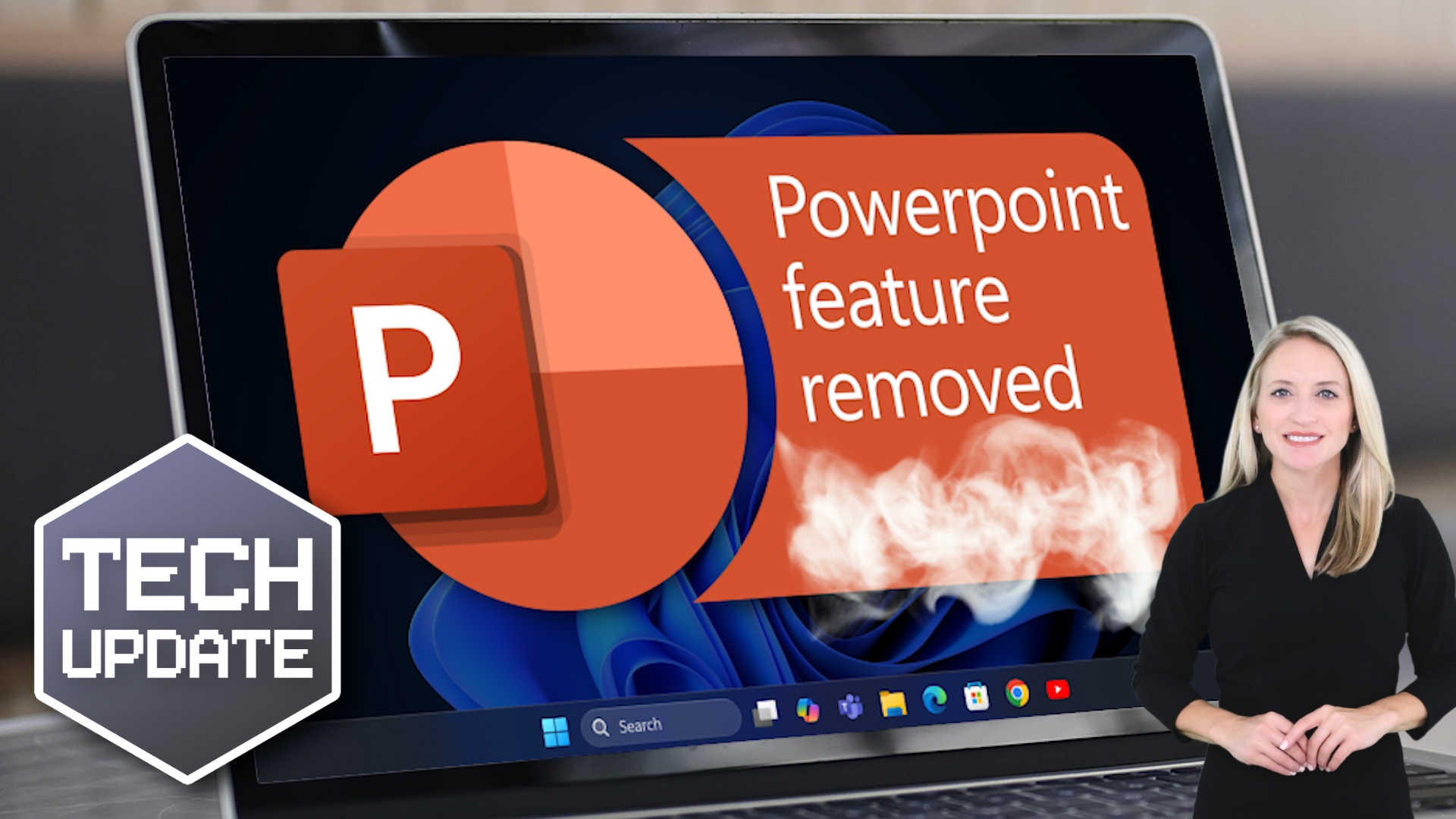
Jupiter Medical Center Data Breach
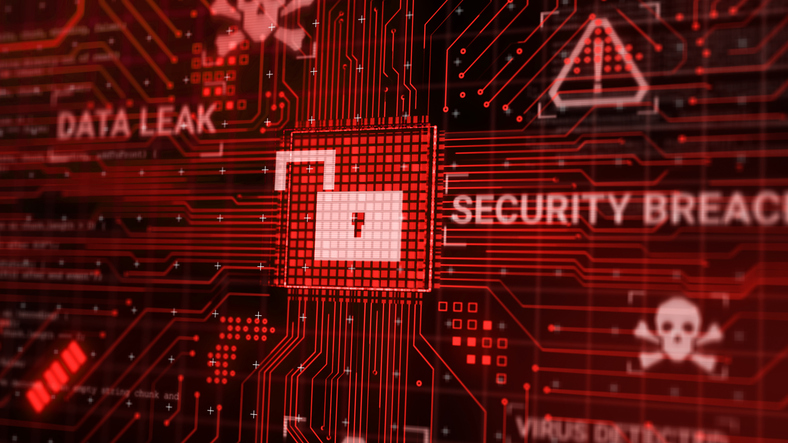
Digital fraud isn’t on the rise. It’s evolving. Fast.
Scammers are using smarter tools, more convincing messages and pressure tactics designed to make even careful people slip up.
These are the simple habits that could stop your team from falling for them…
10 things hackers want you to do
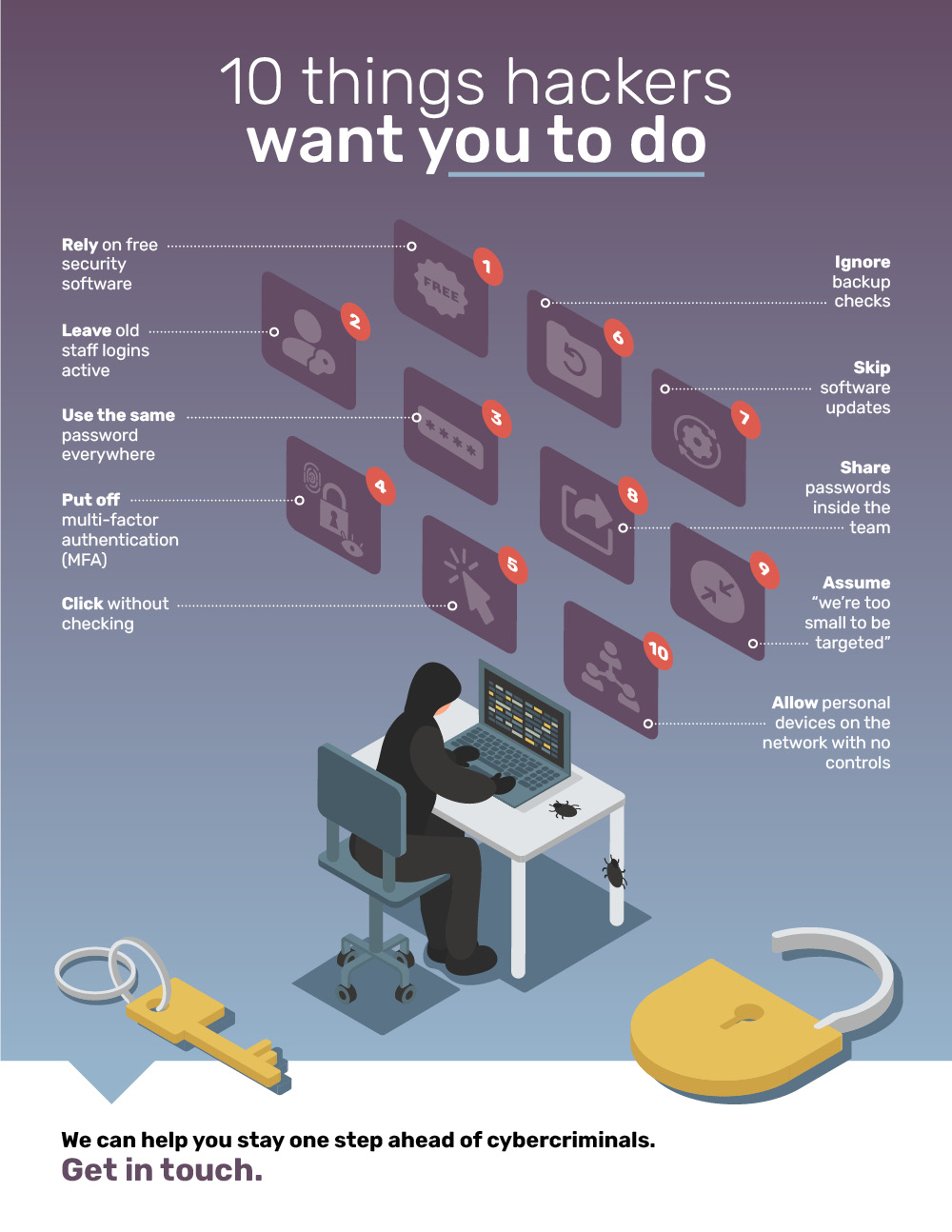
Digital fraud isn’t on the rise. It’s evolving. Fast.
Scammers are using smarter tools, more convincing messages and pressure tactics designed to make even careful people slip up.
These are the simple habits that could stop your team from falling for them…
Not all tools are created equal.
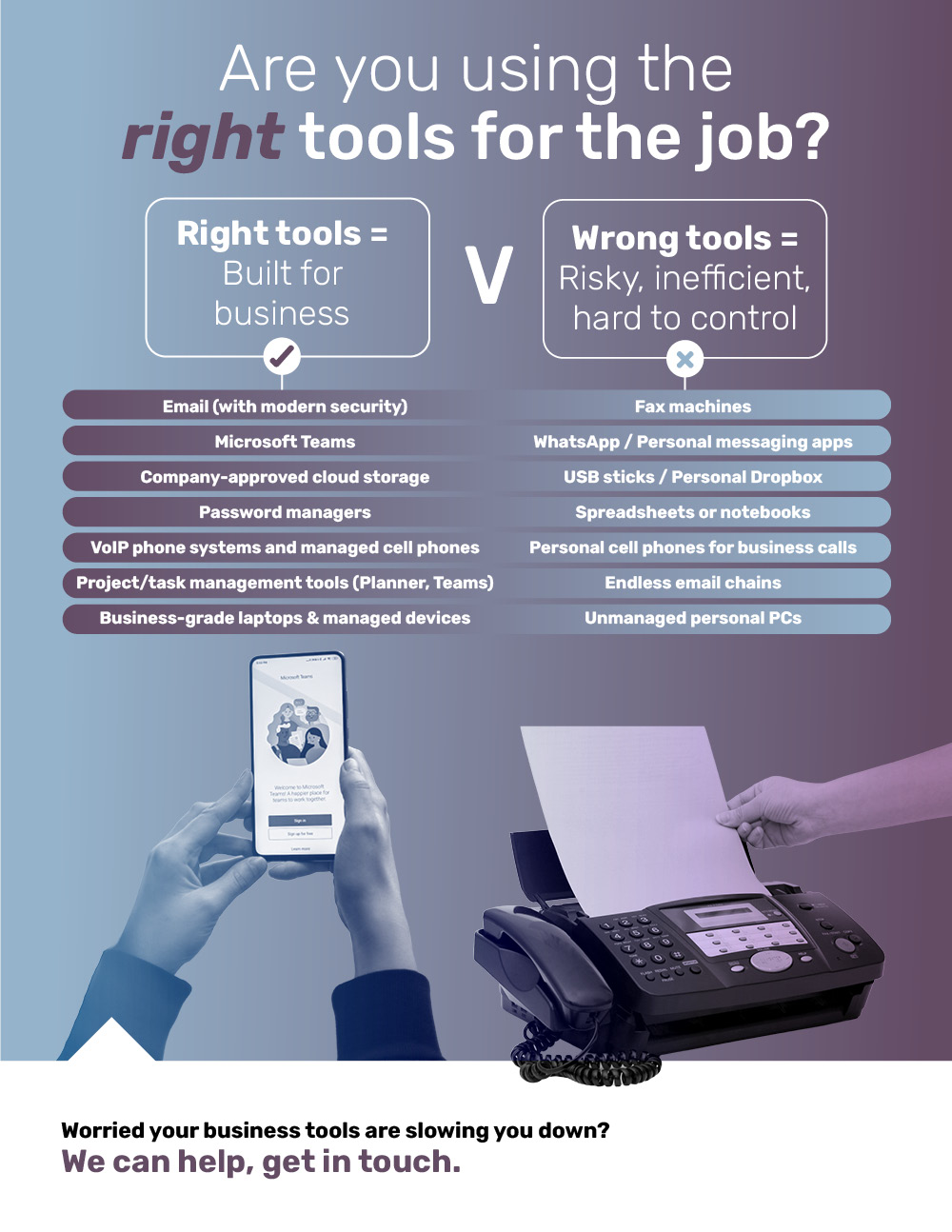
Digital fraud isn’t on the rise. It’s evolving. Fast.
Scammers are using smarter tools, more convincing messages and pressure tactics designed to make even careful people slip up.
These are the simple habits that could stop your team from falling for them…
At last: Sync passkeys across your devices
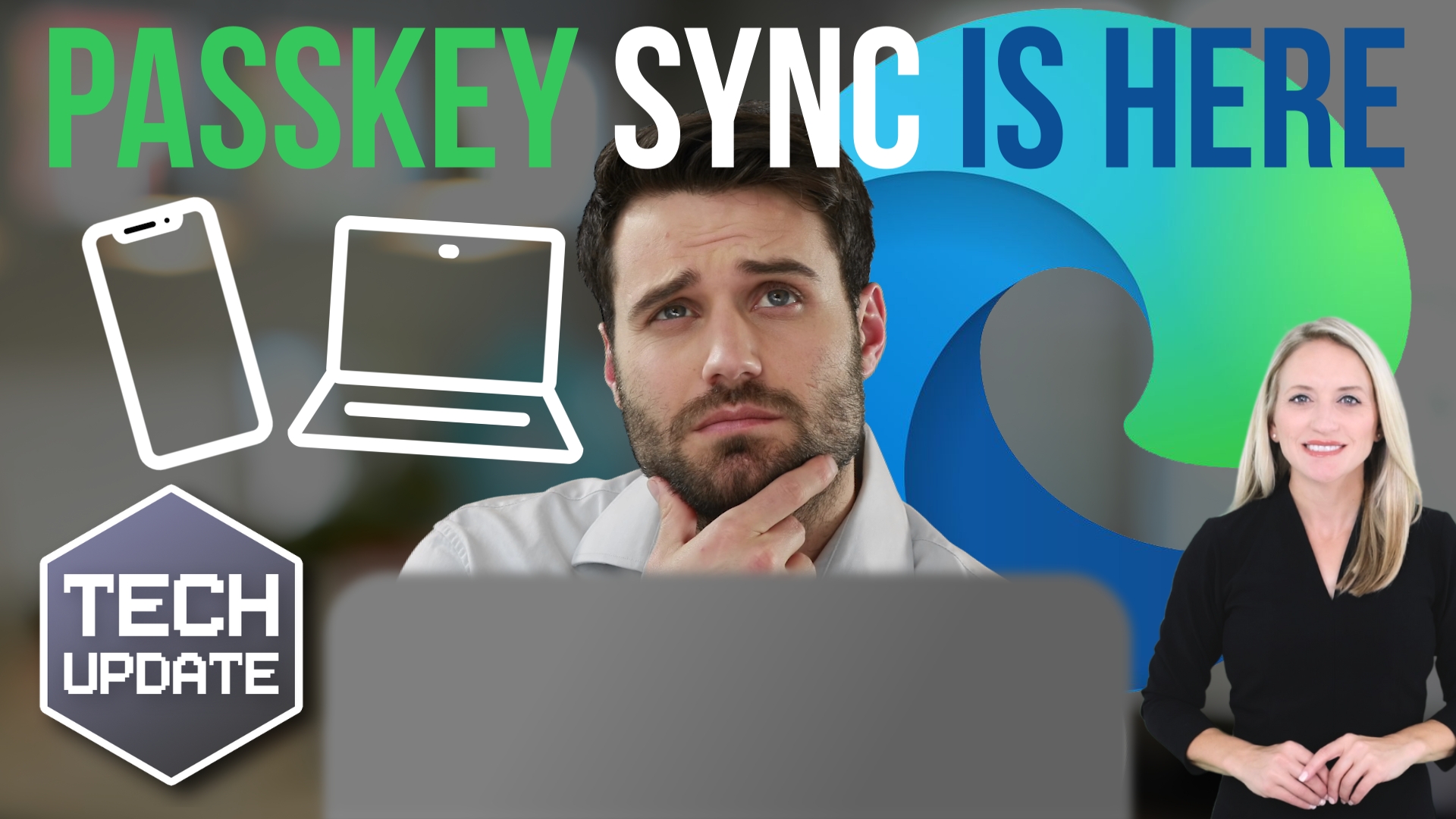
Tired of juggling passwords and endless reset emails?
There’s a smarter, safer way to log in. Once again, Microsoft is about to make life a lot easier for you and your team.
No passwords. No lockouts. Just quick, secure access wherever you are…
Tech mistakes law firms can’t afford to ignore
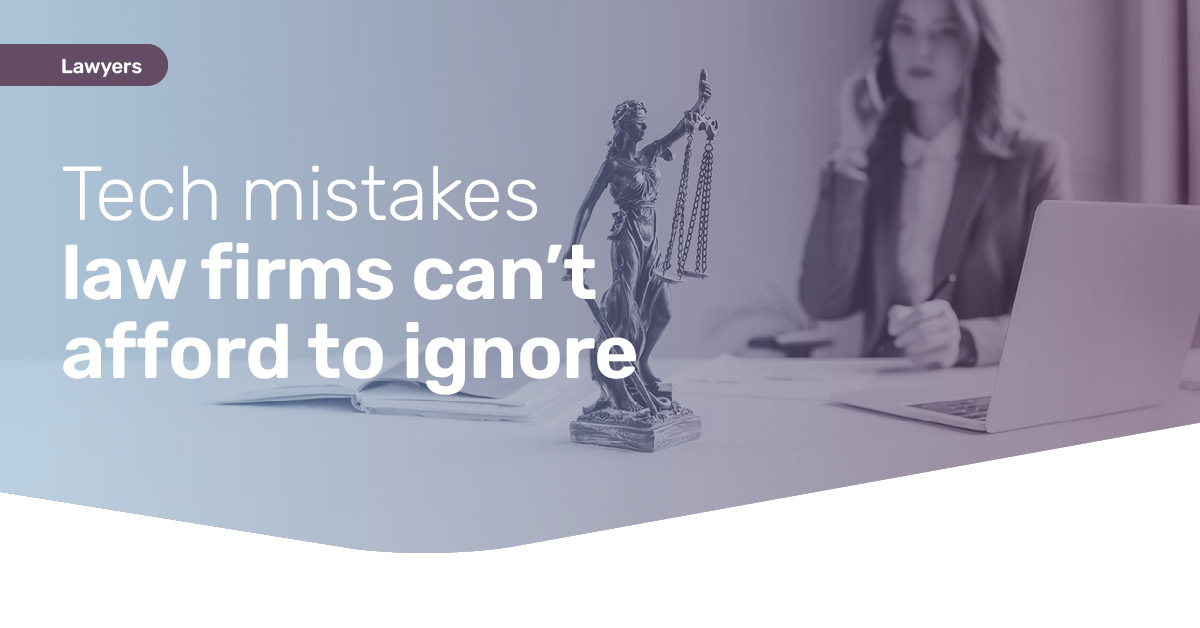
Your law firm runs on trust, deadlines, and confidential data.
But small tech decisions can quietly undermine all three.
“Ask Copilot” is coming to your Taskbar (but only if you want it to)
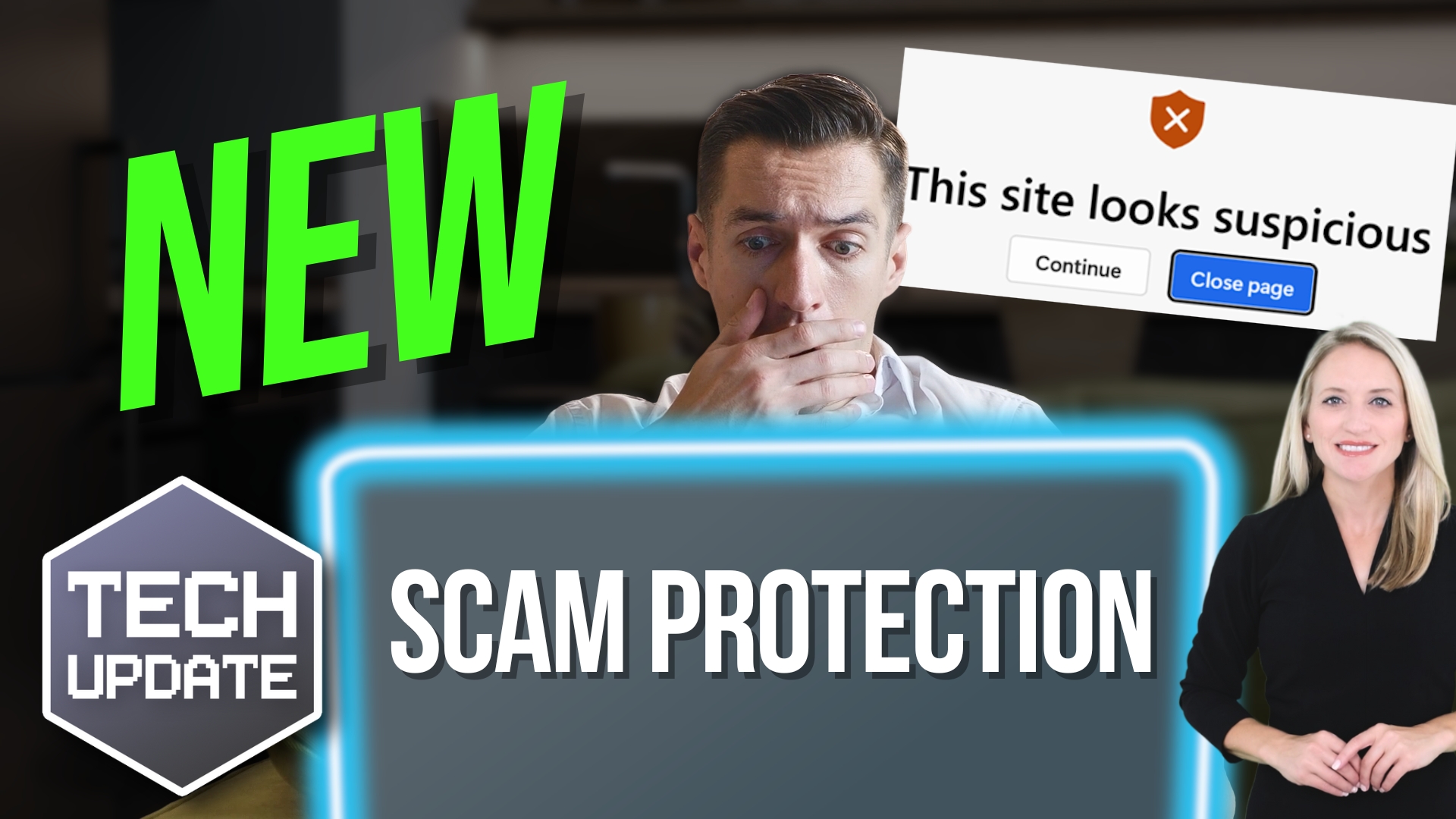
What if your computer could understand what you mean, not just what you type?
Microsoft’s testing something new in Windows 11 that could completely change how you search, click, and get things done.
It’s smart. It’s optional. And it might save your team a lot of time…
Microsoft Edge introduces a new scam protection tool

Those fake “your computer is infected” pop-ups are getting smarter. And scarier.
But there’s some big news from Microsoft that could make them a thing of the past.
This update to Edge is changing how your browser fights back against online scams…
Is your team using AI well? Copilot can tell you

You’ve adopted Copilot in your business. You know the potential benefits are huge.
But is your team as enthusiastic about using it as you are?
This new feature will tell you…


